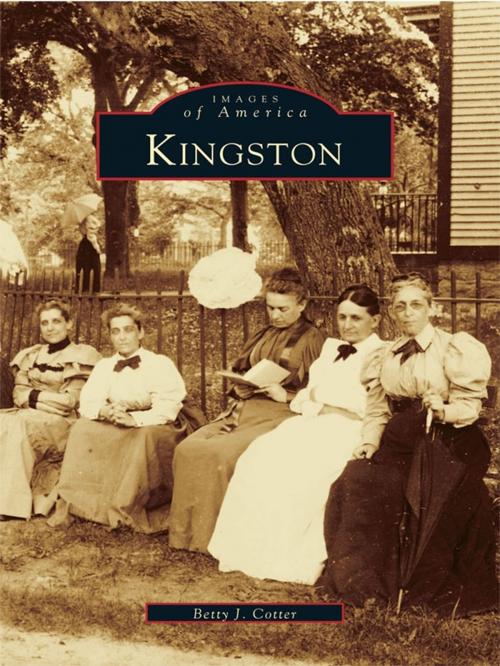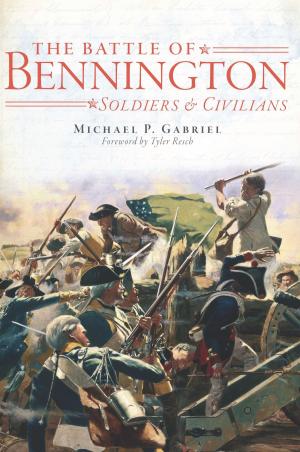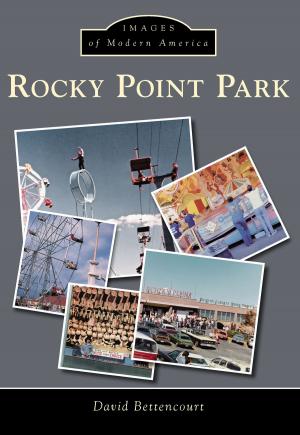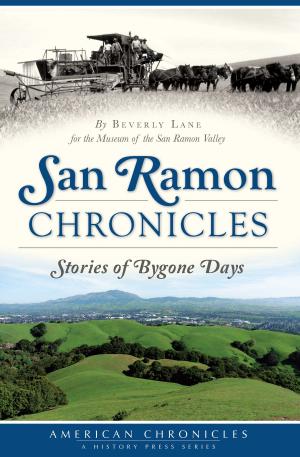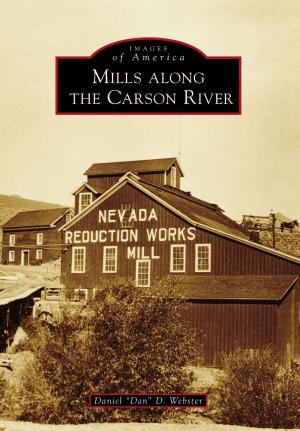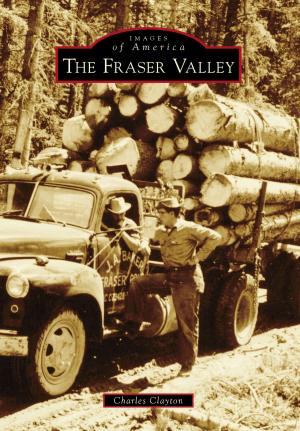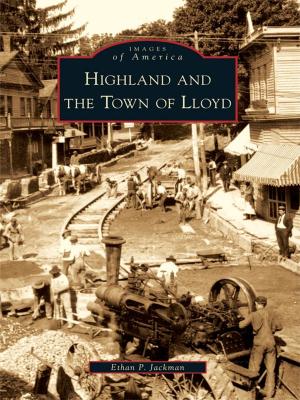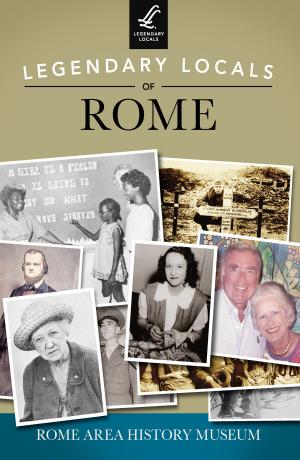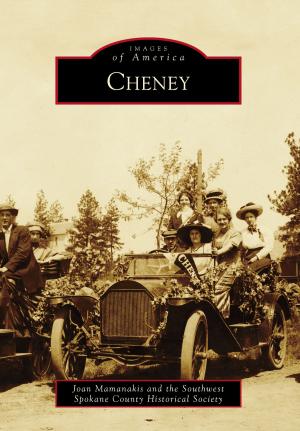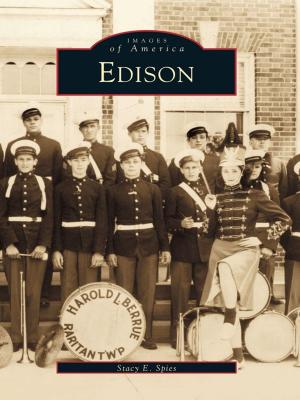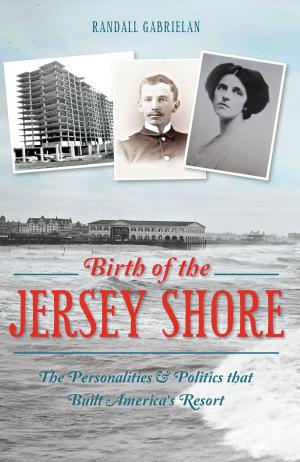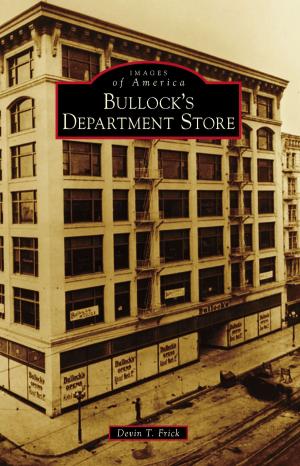| Author: | Betty J. Cotter | ISBN: | 9781439621851 |
| Publisher: | Arcadia Publishing Inc. | Publication: | October 14, 1999 |
| Imprint: | Arcadia Publishing | Language: | English |
| Author: | Betty J. Cotter |
| ISBN: | 9781439621851 |
| Publisher: | Arcadia Publishing Inc. |
| Publication: | October 14, 1999 |
| Imprint: | Arcadia Publishing |
| Language: | English |
Perhaps no village in Rhode Island can boast the history of Kingston, or �Little Rest� as it was called. Once a seat of government (its library was one of Rhode Island�s five state houses), Kingston has been home to some of the state�s most illustrious residents as well as the now sprawling University of Rhode Island. A center of intellectual life long before the university began, Kingston was characterized by social, civic, and dramatic clubs, academies for both men and women, taverns for the weary traveler, and an imposing church atop Kingston Hill whose influence was felt broadly in the village.
More than 200 photographs take the reader back to
nineteenth-century Kingston, where Stephen Knowles waits atop his carriage to take travelers to Kingston Station, hat maker Cyrus French regales the menfolk in Joe Reynolds�s tavern with his expansive
stories, and the villagers gather on a summer evening to listen to a musicale on the library�s lawn. Within Kingston�s pages, the reader can meet people like Solomon Fayerweather, the village blacksmith and church sexton with a unique wisdom about village doings; and Quaker Billy Rose, whose fine weaving work was sought by the likes of Mrs.
Theodore Roosevelt. See the familiar, Colonial-style houses that still line Kingstown Road as well as others that have fallen victim to the wrecking ball. Photographs of nearby �Biscuit City� and West Kingston are also included. These photographs, mostly from the collection of the Pettaquamscutt Historical Society, chronicle church, school, and business life in this picturesque village that has played such an important role in Rhode Island�s history.
Perhaps no village in Rhode Island can boast the history of Kingston, or �Little Rest� as it was called. Once a seat of government (its library was one of Rhode Island�s five state houses), Kingston has been home to some of the state�s most illustrious residents as well as the now sprawling University of Rhode Island. A center of intellectual life long before the university began, Kingston was characterized by social, civic, and dramatic clubs, academies for both men and women, taverns for the weary traveler, and an imposing church atop Kingston Hill whose influence was felt broadly in the village.
More than 200 photographs take the reader back to
nineteenth-century Kingston, where Stephen Knowles waits atop his carriage to take travelers to Kingston Station, hat maker Cyrus French regales the menfolk in Joe Reynolds�s tavern with his expansive
stories, and the villagers gather on a summer evening to listen to a musicale on the library�s lawn. Within Kingston�s pages, the reader can meet people like Solomon Fayerweather, the village blacksmith and church sexton with a unique wisdom about village doings; and Quaker Billy Rose, whose fine weaving work was sought by the likes of Mrs.
Theodore Roosevelt. See the familiar, Colonial-style houses that still line Kingstown Road as well as others that have fallen victim to the wrecking ball. Photographs of nearby �Biscuit City� and West Kingston are also included. These photographs, mostly from the collection of the Pettaquamscutt Historical Society, chronicle church, school, and business life in this picturesque village that has played such an important role in Rhode Island�s history.
